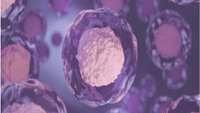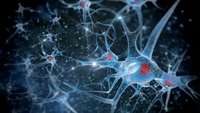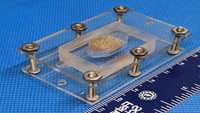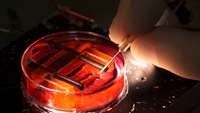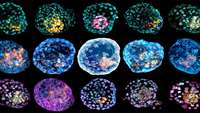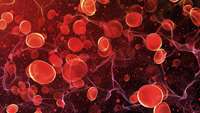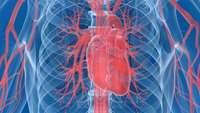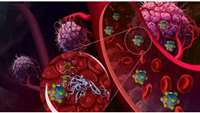Study Reveals How a Longevity Gene Protects Brain Stem Cells From Stress
A gene linked to unusually long lifespans in humans protects brain stem cells from the harmful effects of stress, according to a new study by Weill Cornell Medicine investigators.
Odds of stem cell transplant restoring fertility are as random as a coin toss -- until now
The chances of restoring fertility through sperm stem cell transplant are as random as a coin toss. But a team of scientists developed a new strategy that serves as a 'weighted coin' that can favorably rig the odds to achieve outcomes where fertility is successfully restored.
NC Researchers Engineer Lab-Grown Liver Tissue To Win NASA Challenge
Within our bodies, cells survive by being chatty: They rely on a network of blood vessels to communicate with one another and receive vital nutrients.
“CARDIOIDS” – HUMAN HEARTS IN A DISH
About 18 million people die each year from cardiovascular diseases, making it the number one killer globally. Moreover, heart defects are the most prevalent birth defects in children.
New findings provide hope for treatment of multiple myeloma
Researchers at Karolinska Institutet have investigated the use of low dose venetoclax, an experimental drug, for the treatment of the heterogeneous cancer disease multiple myeloma in patients who had relapsed on standard therapies.
Self-organizing cardioid spontaneously develops heart with hollow chambers
Scientists from the Austrian Academy of Sciences (Vienna, Austria) have for the first time developed a self-organizing heart organoid, known as a cardioid.
New method can improve drug delivery in implants
An innovative biomaterial discovery by researchers at the University of Toronto in collaboration with Ripple Therapeutics Inc., has established a method that yields better control over drug release profiles in implants and has the potential to disrupt the classical drug delivery market.


